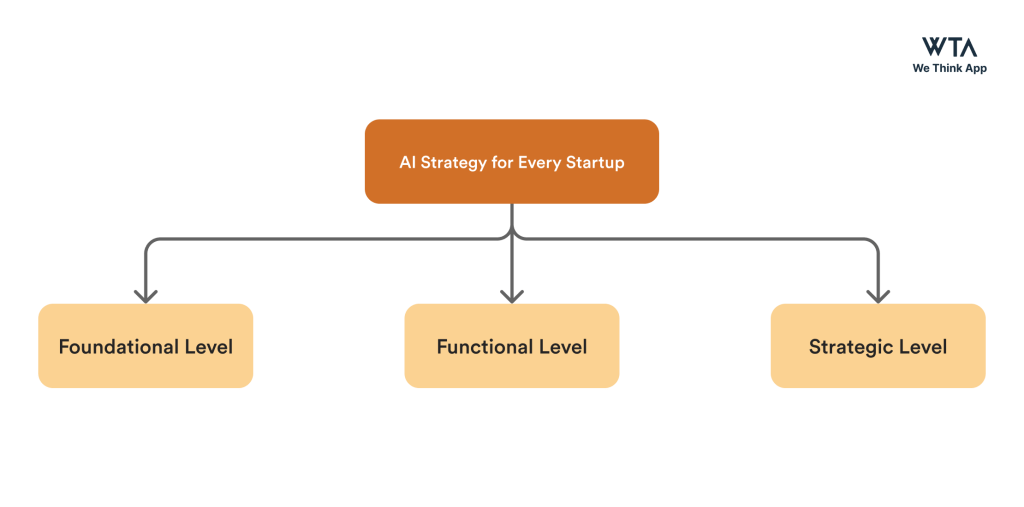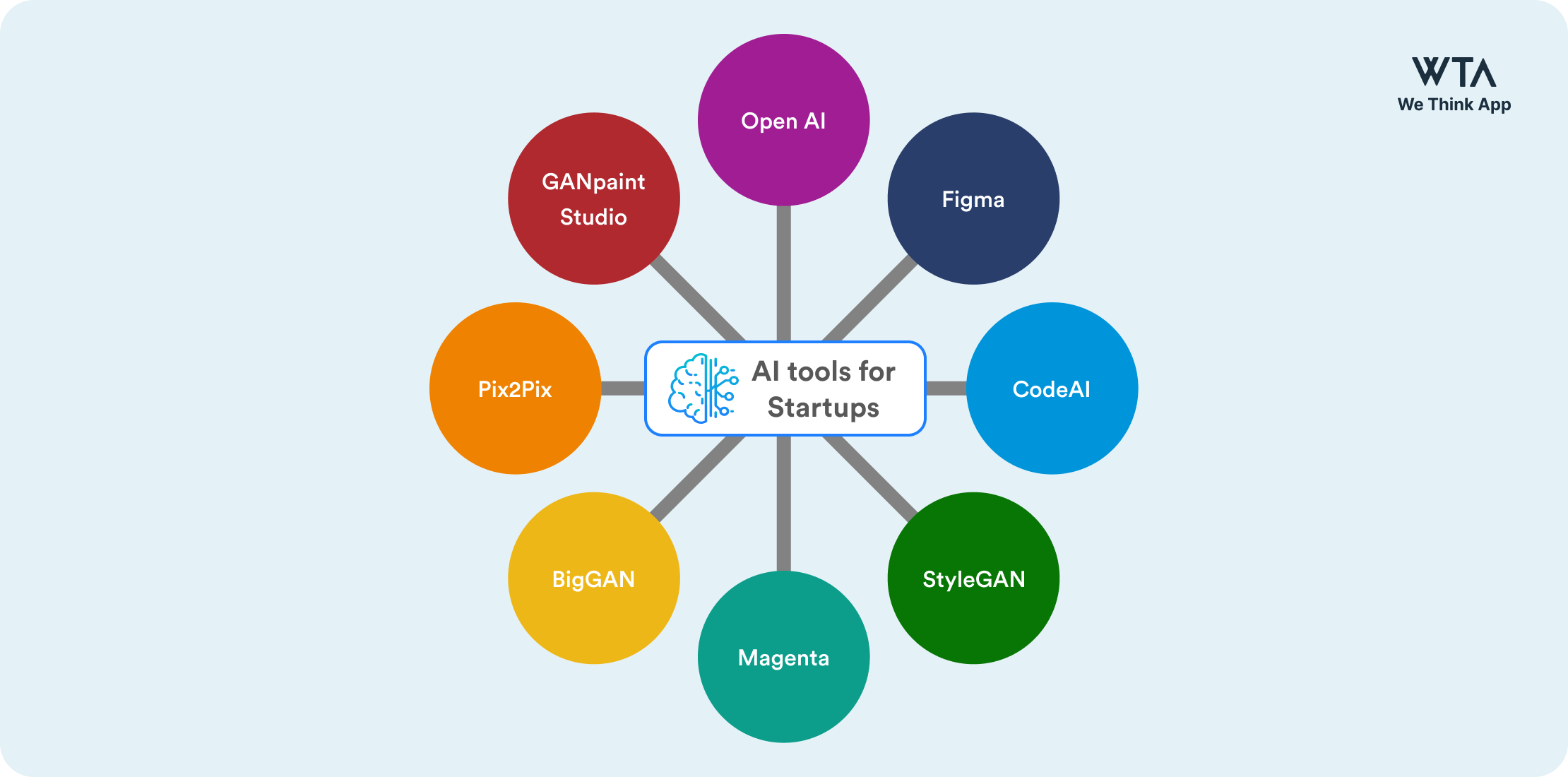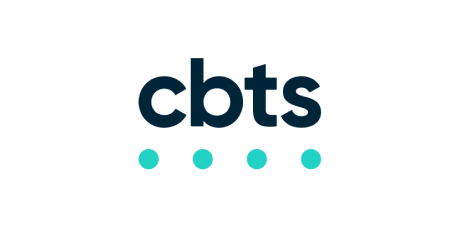Table of Contents
- Introduction to Generative AI Services
- What are Generative AI Services?
- Why Every Startup Needs an AI Strategy
- How to Integrate Generative AI Services into Your Startup?
- Best Practices for Using Generative AI Services
- Popular Generative AI Tools for Startups
- Feasibility of Generative AI Services
- Use Cases for Generative AI in IT Services
- Benefits of using Generative AI Services
- Conclusion
Introduction to Generative AI Services
Generative AI Services is an AI development service that enables companies to create AI models that generate new, unique data based on existing data. This type of AI service can be used to develop chatbots, personalized content, and even predict customer behaviour. Generative AI Services provide a cost-effective and scalable solution for startups looking to integrate AI into their business processes.
So, what makes Generative AI Services different from other AI services? Generative AI Services use unsupervised learning algorithms to create unique and original content. This approach allows businesses to generate new data that would have been impossible to create otherwise.
What are Generative AI Services?
Generative AI services use machine learning algorithms to generate content, designs, and other outputs based on specific inputs or parameters. These inputs can be anything from a set of keywords or phrases to a particular design style or coding language.
The machine learning algorithms analyze these inputs and generate an output that matches the desired criteria. This output can then be refined or adjusted as needed to produce the desired final product.
Why Every Startup Needs an AI Strategy

Artificial Intelligence (AI) is transforming the way businesses operate, and startups are no exception. However, implementing AI can be a daunting task for startups, who often have limited resources and expertise. Developing an AI strategy is crucial for startups to succeed in today’s competitive market. In this blog, we will discuss how startups can develop an effective AI strategy that will help them stay ahead of the curve.
- Foundational Level:
The foundational level of AI strategy is crucial for startups. At this level, startups need to establish the necessary infrastructure and acquire the foundational skills required for AI. This includes developing a data strategy, investing in data management tools, and building a team with the necessary technical expertise. Startups should focus on acquiring the necessary skills to build an effective AI team. It is also important to consider the ethical and legal implications of AI and ensure that the startup’s AI practices are in compliance with regulations.
- Functional Level:
Once the foundational level is established, startups can move on to the functional level of AI strategy. This involves identifying specific business functions that can benefit from AI, such as customer service or supply chain management. Startups should focus on creating use cases and prototypes to test the feasibility of AI in these functions. It is important to start small and focus on quick wins to build momentum and gain support for AI initiatives.
- Strategic Level:
The strategic level of AI strategy involves using AI to transform the business as a whole. Startups should be looking at how AI can be used to create new business models, enter new markets, and drive innovation. This requires a deep understanding of the business and the market, as well as the ability to develop and execute a comprehensive AI strategy. Startups should focus on developing a competitive advantage through AI and creating a culture of innovation that embraces AI.
How to Integrate Generative AI Services into Your Startup?

Integrating generative AI services into your startup requires careful planning and consideration. Here are some steps you can take to get started:
- Define your goals: Before selecting a generative AI tool, identify the specific goals and objectives you want to achieve with the tool. This will help you choose a tool that aligns with your needs and priorities.
- Research available tools: There are many generative AI tools available on the market, each with its own features and capabilities. Research these tools to find the one that best suits your needs.
- Test and refine: Once you’ve selected a tool, test it thoroughly to ensure it meets your requirements. Refine the tool as needed to produce the desired output.
- Train employees: Provide training and support to employees who will be using the generative AI tool. This will ensure they understand how to use the tool effectively and efficiently.
Best Practices for Using Generative AI Services
To get the most out of generative AI services, startups should keep the following best practices in mind:
- Set clear goals and objectives for your generative AI services.
- Identify the most relevant and valuable data sets for your needs.
- Implement quality control measures to ensure your generative AI services produce high-quality content.
- Have human oversight to ensure that the content is meeting your goals and objectives.
Popular Generative AI Tools for Startups:

There are many generative AI tools available on the market, each with its own strengths and weaknesses. Here are some of the most popular tools for startups:
- OpenAI GPT-3: Developed by OpenAI, GPT-3 is a natural language processing (NLP) tool that can generate human-like text. It’s capable of tasks such as language translation, summarization, and even creative writing.
- DALL-E: Also developed by OpenAI, DALL-E is an image generation tool that uses NLP to create unique images from text descriptions. For example, it can generate an image of a “green cube with a red sphere inside it.
- Figma: Figma is a design tool that uses generative AI to create layouts and components based on specific design styles or themes.
- CodeAI: CodeAI is a generative AI tool that can write code in a variety of programming languages, reducing the time and effort required by human developers.
- StyleGAN: This is a tool developed by NVIDIA that can generate realistic images by learning from a dataset of existing images. It’s commonly used for creating images of people or animals.
- Magenta: This is a Google-developed tool that focuses on generating music and other audio content using machine learning. It can create new melodies, harmonies, and even entire compositions.
- BigGAN: Developed by Google, BigGAN is an image generation tool that can create high-resolution images of various objects and scenes. It’s often used for creating realistic images for advertisements and marketing materials.
- Pix2Pix: This is a tool that uses machine learning to generate images based on input from a user. For example, it can take a simple sketch of a building and turn it into a realistic image.
- GANpaint Studio: This is an interactive image editing tool that uses machine learning to make changes to images based on user input. For example, it can change the color of an object in an image or remove an object altogether.
Feasibility of Generative AI Services for Startups
Many startups may be hesitant to invest in AI development services, as they may be perceived as expensive and time-consuming. However, Generative AI Services are cost-effective and can be easily integrated into existing business processes.
Generative AI Services use unsupervised learning algorithms, which means that they do not require a large amount of labelled data to function effectively. This approach significantly reduces the cost and time required to develop AI models. Furthermore, Generative AI Services can be easily scaled to meet the needs of growing startups.
Use Cases for Generative AI in IT Services
Generative AI Services can be applied in a variety of use cases for startups. Below are some examples:
- Content Generation: Startups can use Generative AI Services to generate unique and personalized content for their customers.
- Chatbots: Generative AI Services can be used to develop chatbots that provide personalized solutions to customers.
- Predictive Analytics: Startups can use Generative AI Services to develop predictive analytics models that provide insights into customer behaviour.
- Fraud Detection: Generative AI Services can be used to detect and prevent fraud by identifying patterns in data that indicate fraudulent behaviour.
Below are some key benefits of using Generative AI Services:
- Enhances productivity by automating mundane tasks
- Provides personalised solutions for customers
- Improves accuracy and reduces errors
- Enables cost savings through automation
- Enhances customer satisfaction by providing a personalized experience
- Tools Required for Integrating Generative AI Services
Conclusion
In a world where innovation is key to success, generative AI tools provide startups with a new and exciting way to push the boundaries of what’s possible. From transforming simple sketches into realistic images to creating music that moves the soul, these tools can inspire creativity and unlock potential in ways never before possible. As the technology behind generative AI continues to advance, we can only imagine what new frontiers it will open up for startups. So, embrace the power of generative AI and let it unleash your startup’s full potential, for the sky’s the limit when it comes to creativity and innovation.
Generative AI Services use unsupervised learning algorithms to generate new and unique data. This approach allows businesses to create content and solutions that would have been impossible to create otherwise.
To integrate Generative AI Services into your business, you will need data cleaning tools, data storage tools, cloud computing services, machine learning frameworks, NLP tools, and Generative AI algorithms.
Some common use cases for generative AI in startups include automated content creation for social media and marketing, personalized recommendations for e-commerce, and chatbots for customer support.
Startups should prioritize ethical considerations when implementing generative AI, including ensuring that the content generated is not discriminatory or harmful. They should also be transparent with customers about the use of generative AI and how it affects their data privacy.
Startups can evaluate the success of generative AI implementation by monitoring key metrics such as content engagement, conversion rates, and customer satisfaction. They can also conduct A/B testing and other experiments to determine the impact of generative AI on their business objectives.







